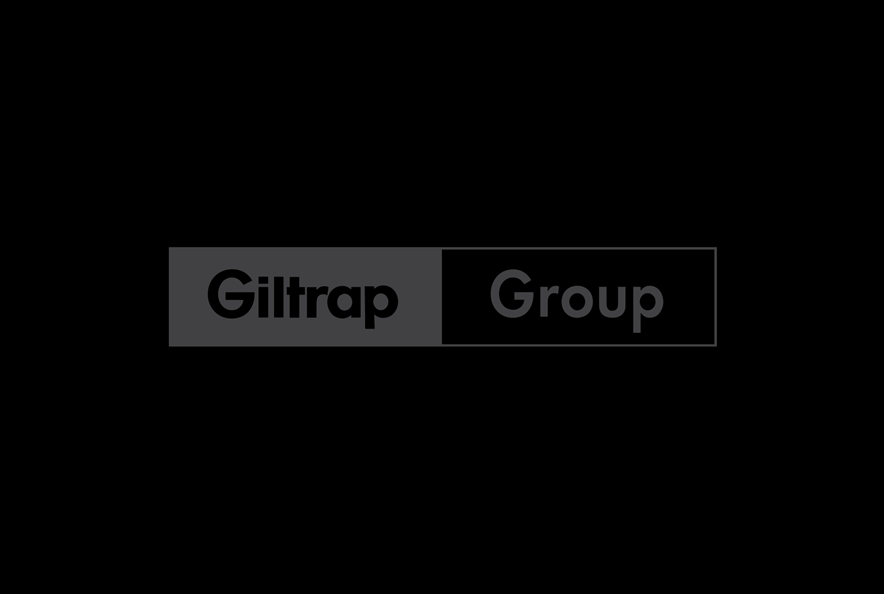Levis 501 launch recycled denim offering
Levis are extending their ‘buy better, wear longer’ philosophy with a new 501 offering made of organic and post-consumer recycled denim.
Reducing the environmental impacts of denim materials is part of the broader Levis strategy
In early 2022, Levi’s will launch a version of its most iconic product, the 501 Original, made with organic cotton and post-consumer recycled denim, and designed to itself be recyclable.

As part of the brand’s ongoing partnership with Swedish company Renewcell, this speaks to both the enduring nature of the 501 and the brand’s commitment to moving towards more circular products and practices.
This launch builds on last year’s release of a collaboration between Renewcell and Wellthread line on the 502 for men and High Loose for women using the same materials, which was named a “World Changing Idea” by Fast Company.
In each case, we are using a mix of Renewcell’s pioneering Circulose fibre, a sustainably sourced viscose made in part from recycled denim, and organic cotton. “Last year’s Wellthread collaboration with Renewcell showed that this could be done, that we could find man-made cellulosic fiber made with recycled denim that was strong enough and durable enough to meet Levis quality standards.

That hadn’t been possible before with mechanically recycled denim,” says Paul Dillinger, VP of Design Innovation. “Now we’re taking that innovation and applying it to what could rightly be called the most iconic garment in all of apparel, the 501, which shows how serious we are about moving in the direction of circularity. Not only will the circular 501 jeans be designed to stand the test of time, just as they always have been, but they’ll also be able to find a second, third or fourth life as new garments.”
Making these jeans with recycled denim content blended with certified organic cotton means the garment uses far fewer natural resources and fewer chemicals to produce. Reducing the environmental impacts of denim materials is part of the broader Levis strategy for resource conservation across the life cycles of products and is an important part of their Buy Better, Wear Longer message and campaign.
“In our ongoing research and development, we strive to improve our design practices and conserve environmental resources every way we can,” says Una Murphy, Levi’s Director of Design Innovation. “By incorporating sustainable innovation, we learn what’s possible and work towards solving some of our biggest challenges.”

Levi’s use of renewable and recyclable materials – like Circulose and certified organic cotton – is an important part of a broader holistic approach to circularity. Each and every material component going into the circular 501 jeans was developed and selected to align with a strict single-fibre strategy that enables efficient recycling at the end of the jean’s useful life.
By replacing those parts of the garment that would normally be made from synthetic fibres – like polyester pocketing, threads, labels, and interfacing – with 100% cotton alternatives, we’ve removed pollutive elements that would otherwise disrupt the cotton recovery process. The result is a new jean made from old jeans that’s designed with the potential to be re-made into new jeans – again and again. “We are still early stages in apparel’s move towards real circularity,
which is so necessary given how consumptive and wasteful this industry can be,” says Dillinger. “By producing our signature jean, the 501, with recycled content and in a way that makes them recyclable, we’re hoping to show ourselves and the industry that it really can be done, and that we can deliver more sustainable product that saves resources, still looks great, and meets the highest quality standards.”
So, why is this important? Fashion, says Levis, needs a better, more circular model.

Cotton, though a natural material, has its challenges: more farming of conventional cotton means usurping more water, land, and natural resources. As demand for clothes continues to rise in the coming years, how do we meet that demand without inflicting harm on ecosystems around the world?
In 2015, for example, the fashion industry consumed 53 million tons of virgin fibres; 26 percent, or one-fourth, was cotton fibres alone and 73 percent of these fibres ultimately ended up in a landfill or were burned. As a denim brand, dependent on cotton, this is troubling. We’re committed to finding new and better ways to reduce the impact through circular design and production practices.
Since 2015, Levi’s Wellthread collection has been used to test and validate new approaches to applied circularity for the fashion industry. In July 2021, we joined the Ellen MacArthur Foundation’s Jeans Redesign Project with a commitment to grow our circular product portfolio. The circular 501 is our first product that comports with EMF’s Jeans Redesign Guidelines.